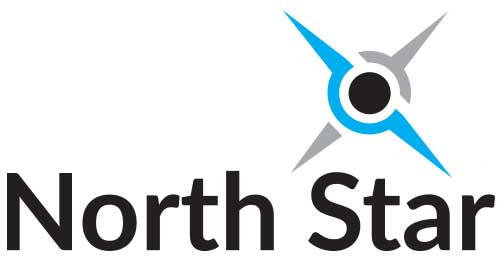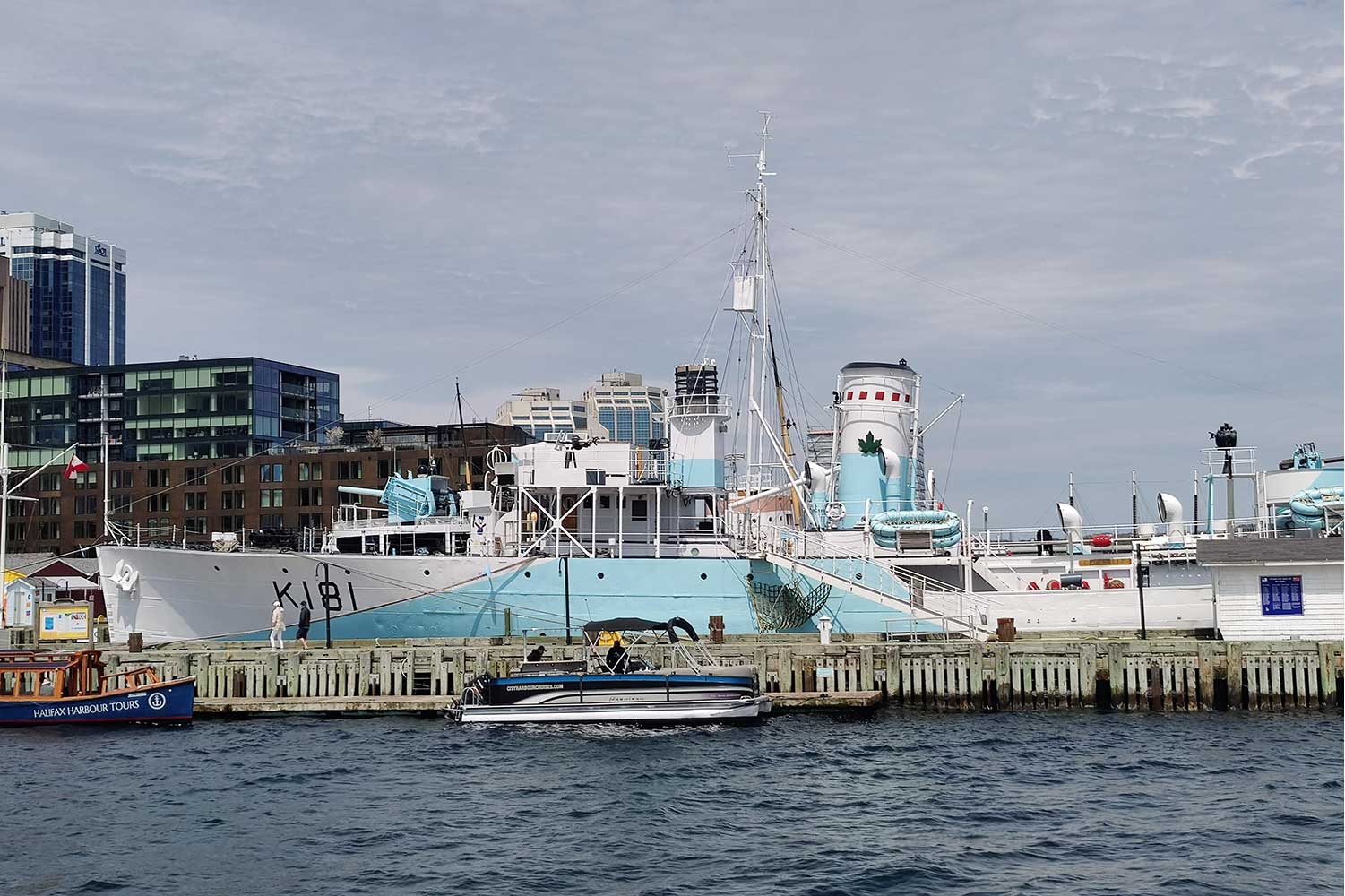Background
Irving operates in a complex environment that demands timely delivery and cost-effective logistics solutions. To enhance its supply chain processes, the organisation identified the need for improvements in inventory strategy, logistics operations, and cost management. This led to the initiation of the Supply Chain Improvement Programme in collaboration with North Star, which provided full-time support throughout the project.
Programme Goals
The primary objectives of the Supply Chain Improvement Programme were:
- Optimise Inventory Holding Strategy: To enhance the inbound flow of materials from outside Canada, including European consolidation.
- Streamline Inbound Logistics: To define, design, and implement processes for managing the inbound supply of materials effectively.
- Assess Total Delivered Cost: To review the total delivered costs of the AOPS and CSC supply chains to achieve an appropriate balance between Just in Time (JIT) and Just in Case (JIC) strategies.
- Establish a Logistics Operations Organisation: To design and assist in implementing a structured organisation to manage logistics services delivery.
Workstreams Overview
The programme was structured around four workstreams, each addressing critical areas of improvement:
- Inventory Holding Strategy: A comprehensive analysis was conducted to optimise material flows, facilitating better inventory management and cost savings.
- Inbound Logistics: This involved creating an efficient process for managing the inbound supply of materials, including the selection and management of logistics service providers (LSPs).
- Total Delivered Cost Analysis: A thorough review of the supply chain costs was undertaken, helping to refine procurement strategies and ensuring a balanced approach to inventory management.
- Logistics Operations Organisation Design: The project focused on forming a robust organisational model to oversee logistics operations, complementing the operational needs for efficient delivery.
Deliverables and Results
The Supply Chain Improvement Programme yielded significant deliverables that contributed to operational excellence:
- Training and Integration: A structured rollout of training programs for ISI staff and suppliers to enable smooth adoption of new processes and IT integration.
- Optimised Supply Chain Cost Model: A comprehensive cost model was created to guide future decision-making and budgeting.
- Enhanced Supplier Processes: Developed processes for suppliers to book transport with nominated LSPs, ensuring on-time delivery and transparency in the supply chain.
- Organisational Readiness: Development of role profiles and job descriptions within the logistics operations framework, ensuring clarity in responsibilities and expectations.
Timeline and Implementation
The programme was executed over a projected timeline:
- Data collection and initial assessments took place over 8 weeks
- Workshops focused on defining logistics and assessing inbound processes spanned 4 weeks
- The final implementation phase, including operational training and early life support, was completed in approximately 40 weeks.
Conclusion
The Supply Chain Improvement Programme at Irving represents a robust approach to overcoming supply chain challenges through strategic organisation and process enhancements. By focusing on key workstreams—Inventory Holding, Inbound Logistics, Total Delivered Cost, and Logistics Operations—Irving successfully positioned itself for long-term operational success and improved efficiency.
Programme Manager Activities:
A Programme Manager overseeing the Supply Chain Improvement Programme at Irving would engage in a series of typical activities to ensure the programme is effectively planned, executed, and monitored. Here’s a breakdown of those activities:
1. Initial Planning and Setup
- Define Programme Objectives: Collaborate with stakeholders to outline clear objectives and expected outcomes for the programme
- Assemble the Programme Team: Identify and onboard key personnel across Procurement, Finance, HR, and other relevant functions to provide support throughout the programme
- Develop a Programme Charter: Document the scope, goals, stakeholders, timelines, and resources needed for the programme
2. Data Collection and Analysis
- Establish Data Requirements: Define the types of data needed (e.g., logistics costs, supplier performance) to achieve the programme objectives
- Coordinate Data Gathering: Oversee the process of collecting and validating necessary data from internal systems and external sources
- Conduct Initial Analyses: Analyze collected data to identify current supply chain performance, inefficiencies, and areas for improvement
3. Workstream Management
- Launch Workstreams: Initiate the four identified workstreams (Inventory Strategy, Inbound Logistics, Total Delivered Cost, Logistics Ops Organisation) and assign leads for each stream
- Facilitate Workshops: Organize and conduct workshops to engage stakeholders, define processes, and validate data across the workstreams
- Monitor Progress: Regularly review each workstream’s progress, ensuring alignment with overall programme objectives and timelines
4. Process Design and Implementation
- Design Processes: Oversee the design of new processes for inbound logistics, supplier management, and cost analysis
- Develop Business Cases: Collaborate with workstream leads to create business cases for process changes, documenting expected benefits and resources required
- Select Logistics Service Providers: Guide the creation and management of Requests for Proposal (RFPs) to select suitable logistics partners
5. Organisational Development
- Create an Organisational Model: Design an organisational structure to support logistics operations, including role profiles and job descriptions
- Develop Training Programs: Plan and implement training sessions for team members, suppliers, and other stakeholders to ensure smooth transitions to new processes
6. Implementation and Change Management
- Execute Changes: Coordinate the roll-out of new processes and systems across the organisation, ensuring that each team member understands their role
- Manage Change: Implement change management strategies to handle resistance and ensure stakeholder buy-in throughout the implementation phase
- Monitor Early Life Support: Provide support during the initial phases of new process adoption, addressing any issues as they arise
7. Performance Evaluation and Reporting
- Track Key Performance Indicators (KPIs): Develop metrics to assess the effectiveness of newly implemented processes and overall supply chain performance
- Conduct Regular Reviews: Schedule timely reviews and status updates, facilitating discussions about challenges, risks, and progress against objectives
- Report to Stakeholders: Compile and present status reports to senior management and other stakeholders, highlighting successes and areas for further improvement
8. Continuous Improvement
- Solicit Feedback: Gather input from team members and stakeholders post-implementation to identify further improvement opportunities
- Refine Processes: Continuously evaluate processes and performance metrics, making necessary adjustments to further enhance supply chain operations
- Document Lessons Learned: Capture lessons and best practices learned throughout the programme to inform future initiatives and enhance overall programme management capabilities
Conclusion
Through the execution of these activities, the Programme Manager would play a pivotal role in driving the Supply Chain Improvement Programme at Irving, ensuring efficient implementation, alignment with strategic goals, and significant improvements in supply chain performance.

























